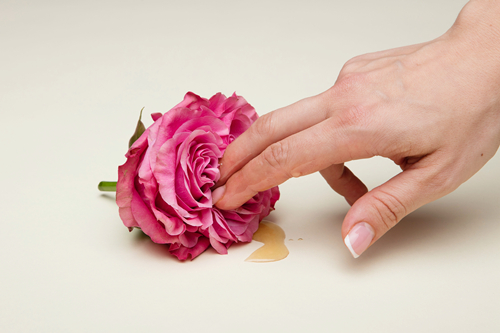
A Little Change for The Diapers, A Big Change for The World | Eco Boom Baby Bamboo Diapers and Wipes Manufacturer
A Little Change for The Diapers, A Big Change for The World | Eco Boom Baby Bamboo Diapers and Wipes Manufacturer

All vaginas naturally produce scents. The smells that your vagina emits communicate information about your lifestyle, activities and overall health......
What is abnormal vaginal odor?
All vaginas naturally produce scents. The smells that your vagina emits communicate information about your lifestyle, activities and overall health. For instance, vaginal odor often varies throughout your menstrual cycle. Vaginal discharge often smells most pronounced midcycle. Your vagina may give off a stronger odor after intercourse or a workout. Everyone’s vagina has a unique scent, and that’s completely normal.
A strong unfamiliar and unpleasant odor — especially one that continues for several days and smells fishy – isn’t normal. A smelly vaginal odor may be a symptom of a health problem, especially when it accompanies other symptoms like a grayish-white vaginal discharge, burning and itching.
What causes vaginal odor?
Your vaginal odor often depends on your pH level, or how acidic your vagina is. Various types of bacteria live in your vagina. They make up what’s called your vaginal flora. These bacteria exist in a delicate balance to keep your vagina at the right acidity (pH) level. Having a healthy pH prevents infections that cause a foul vaginal odor. On the other hand, imbalance in your vaginal flora may cause your vagina to smell fishy, musty or generally unpleasant.



How can vaginal odor be prevented?
You can put healthy habits in place to keep your vulva clean and protect your vagina from infection.
Practice good hygiene
Shower regularly and only use mild, unscented soap and warm water to clean your vulva. Bathe and put on a clean outfit shortly after exercising so that you’re not sitting for too long in hot, sweaty clothes or a damp swimsuit. Warm and wet environments are ideal places for harmful bacteria growth.
Don’t douche
Douching can upset the pH levels in your vagina and make you vulnerable to infection. If you already have a vaginal infection, douching can force the bacteria deeper inside your body and cause a more severe infection, like pelvic inflammatory disease (PID).
Wear light, breathable clothing
Avoid wearing clothes that are too tight on your vulva, like thongs. Instead, wear cotton underwear that won’t hold in heat and moisture.
Drink plenty of water
Your vagina may have a strong ammonia smell if you’re dehydrated. Without enough water, the waste material in your urine can become especially concentrated and foul-smelling. Water can help with hydration and eliminate the smell.
Protect your vagina (and vaginal flora) during sex
Wear condoms to reduce your risk of sexually transmitted infections (STIs) and other infections, like BV, that can disrupt your vagina’s pH levels. If you’re using a lubricant, choose only unscented and unflavored ones to prevent vaginal irritation.
When should I seek treatment for abnormal vaginal odor?
If you’re experiencing prolonged abnormal vaginal odor or odor accompanied by discharge, burning and itching, you should see a healthcare provider. Untreated vaginitis can lead to vaginal infections that can spread to your uterus or fallopian tubes. Vaginitis can also increase your risk of contracting STIs.
You should especially seek medical care if you’re pregnant. Pregnant people with vaginitis or vaginal odor are at higher risk of preterm birth, low birth weight, amniotic fluid infection and other complications.
Copyright © 2019 XIAMEN MK HEALTH CARE PRODUCT CO., LTD . | All Rights Reserved
We are here to help you! If you close the chatbox, you will automatically receive a response from us via email. Please be sure to leave your contact details so that we can better assist